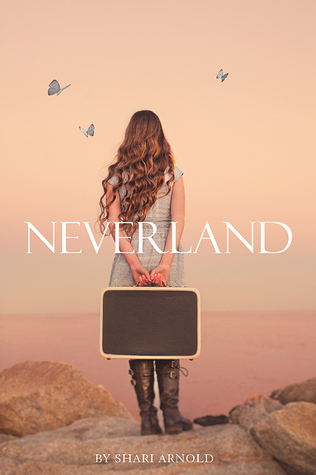Recently I have been on a pop-psychology binge, fueled by my plunge into several amazing podcasts. This led me to download or request all of the remotely interesting e-books that my library has on the subject... and my three-day holiday weekend just got completely full.
I started with Welcome to My Country by Lauren Slater, a thin memoir about the author’s experiences of working with six memorable mental health patients. The language is poetic and introspective—fans of Ann Voskamp will revel in this—as Slater intertwines memories of her own mental health struggles, the collective human spirit, and primordial physical processes with those of the patient to help the reader understand that really, the problems of “the other” are all of our problems.
Published in 1996, it’s now a teensy bit dated in the fast moving world of what is and is not politically correct to say. The first chapter is particularly hard to swallow with phrases like, ‘I can tell, from his fatness and his sweat, [that he is] a patient.’ Uh, what? Perhaps Slater’s Harvard education trained her olfactory nerve to be sensitive in a way that us plebeians just aren’t able to understand.
Her writing did get significantly better each chapter, as she reflects on former patients with the following conditions:
The book stays very positive in light of the heaviness of the subject, yet it still manages to give proper gravity to very serious stories. It doesn’t give a false sense of hope or flippancy to the daily struggles of the millions of people struggling with some type of mental illness. I think the author showed that making progress towards healthy, sustainable independence takes a lot of work, a lot of patience, and a lot of time. She encourages us to be more patient with people in our own lives (or perhaps even with ourselves!) who are on that journey.
Perhaps the best thing that I walked away with was this quote about the author's own journey towards healing:
I started with Welcome to My Country by Lauren Slater, a thin memoir about the author’s experiences of working with six memorable mental health patients. The language is poetic and introspective—fans of Ann Voskamp will revel in this—as Slater intertwines memories of her own mental health struggles, the collective human spirit, and primordial physical processes with those of the patient to help the reader understand that really, the problems of “the other” are all of our problems.
Published in 1996, it’s now a teensy bit dated in the fast moving world of what is and is not politically correct to say. The first chapter is particularly hard to swallow with phrases like, ‘I can tell, from his fatness and his sweat, [that he is] a patient.’ Uh, what? Perhaps Slater’s Harvard education trained her olfactory nerve to be sensitive in a way that us plebeians just aren’t able to understand.
Her writing did get significantly better each chapter, as she reflects on former patients with the following conditions:
- a group of men with schizophrenia
- Peter, with anxiety that manifests as abusive misogynism
- Joseph, with schizophrenia and hypergraphia (compulsive writing)
- Marie, with depression and bulimia
- Oscar, with schizophrenia and catatonia (becoming physically ‘frozen’)
- Linda, with borderline personality disorder (though that chapter is more about Slater confronting her own past)
The book stays very positive in light of the heaviness of the subject, yet it still manages to give proper gravity to very serious stories. It doesn’t give a false sense of hope or flippancy to the daily struggles of the millions of people struggling with some type of mental illness. I think the author showed that making progress towards healthy, sustainable independence takes a lot of work, a lot of patience, and a lot of time. She encourages us to be more patient with people in our own lives (or perhaps even with ourselves!) who are on that journey.
Perhaps the best thing that I walked away with was this quote about the author's own journey towards healing:
‘Ultimately, it was not the treatments or their theories that helped me get better, but the kindness lodged in a difficult world.’I may not ever be able to get proper training in therapy or psychology, and I’m probably not a great person for that job anyways, but we laypeople have an important job to do. We are the listening ears, the helping hands, the kind mouths, and the faith-full hearts that can give reassurance and hope to people who are fighting to stay in the country of the whole.

